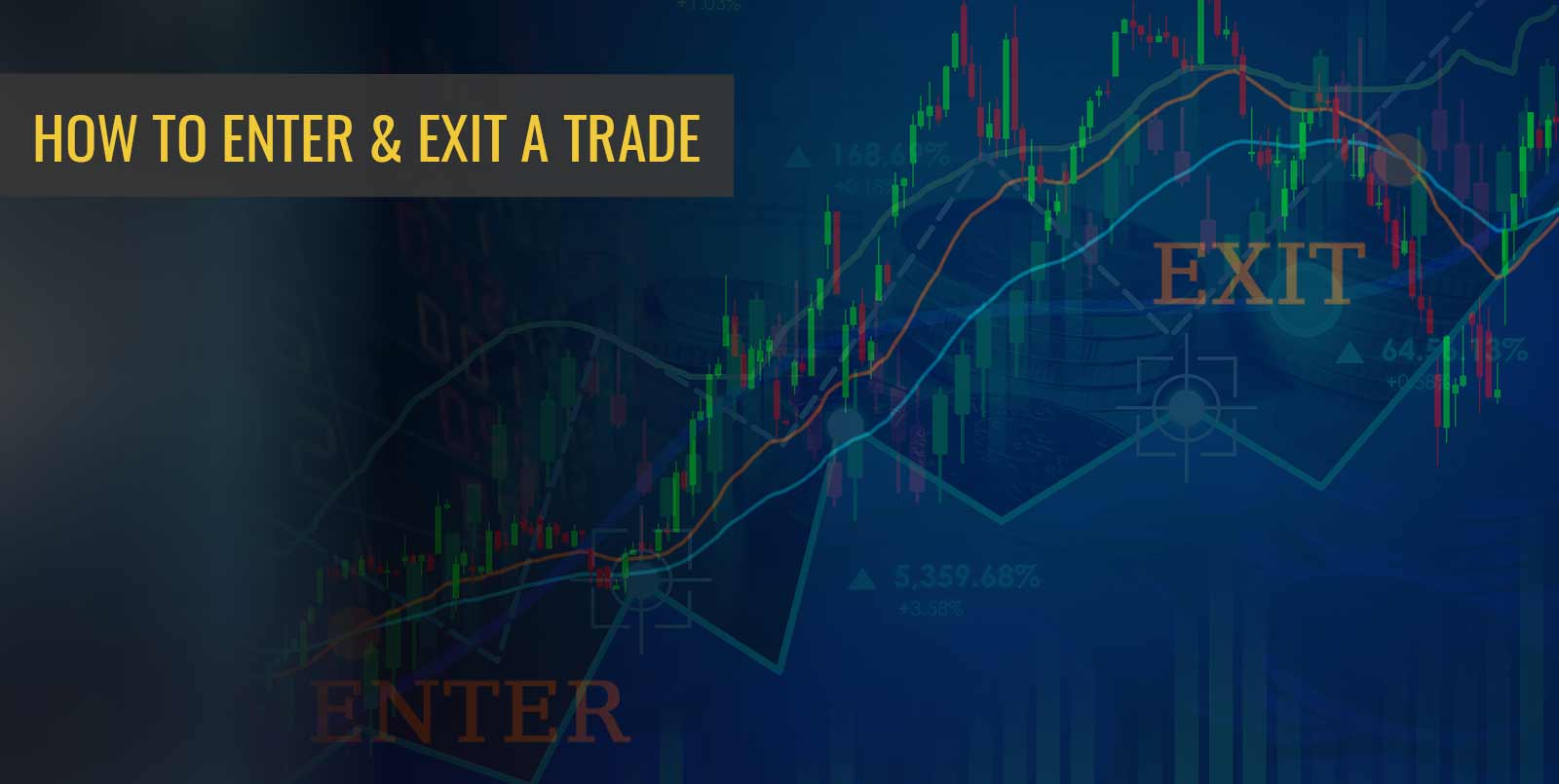

Intraday trading is a short-term approach to earning profit from the stock market. Day traders capitalise on continuously changing share prices, trying to buy low and sell high.
Day trading is purchasing and selling stocks on a single day or multiple times during trading hours. Day traders prioritise short-term gains from small price movements. It is a lucrative approach and helps avoid long-term investment risks when done right. Intraday traders require to time the market, involving entry and exit strategies.
Intraday trading will have a higher risk if you are a new trader and when you are unaware of the intraday trading principles.
This article discusses the enter and exit principle in intraday trading that will help you trade successfully.
Successful day trading depends on three things – selecting the scrip, how to enter a trade, and how to exit a trade.
Here are some tips for selecting stocks.
Intraday traders should focus on scrips that are both volatile and liquid. Liquidity ensures the stocks are traded in large volume, while volatility will ensure significant price movement.
Traders target stocks that make maximum movement during the day following the index.
Intraday traders employ various strategies to time the market. One method involves studying the support and resistance levels to fix entry and exit points. The technique consists of buying shares that are moving above the support level and selling/exiting the trade when they reach the resistance level.
When a stock price falls, it is ideal to book a small loss and exit the trade. A stop loss gets triggered when the price drops to a certain level when your broker will square off your position.
Here is a step-by-step guide on how to enter a trade.
There are two ways to determine entering the market. You buy stocks expecting the price to rise or short when the price falls. Secondly, you select a scrip based on its trading volume.
Traders use trading charts to study trends and correlations to select scrips.
After analysing the trends, you should select the stock to buy or sell.
Position size will measure the lots you will buy or sell. Selecting the position size is vital for risk management and will help you maintain yourself irrespective of the outcome of the trade.
Limit orders refer to buy or sell orders at a specific price. You can place a limit order request through your broker.
Intraday trading indicators are preset statistical studies that provide critical information regarding price trends and entry and exit points. Moving Average, Bollinger Bands, MACD, Stochastic Oscillator, and Relative Price Index are some of the best entry and exit indicators for intraday traders.
You can exit a trade in two ways – gain or loss.
Take profit or the T/P order is a limit order with a specified price level. The broker will execute your order when the profit level is attained in the trade. You can identify the target price using technical analysis.
You can set up a stop-loss instruction for your broker to close your position when the shares touch a specific price or amount of loss. A stop loss is ideally placed above the current asking price on a buy or the below the prevailing bid price while selling.
Trading is challenging, especially for newcomers. But you can overcome the challenges with the proper knowledge. You need to learn and adhere to day trading principles before diving into it. Once you get the hang of it, you can enjoy trading and earn profit from it. Open a trading account with Angel One and start trading stocks.
Published on: Sep 13, 2022, 11:51 AM IST
We're Live on WhatsApp! Join our channel for market insights & updates
